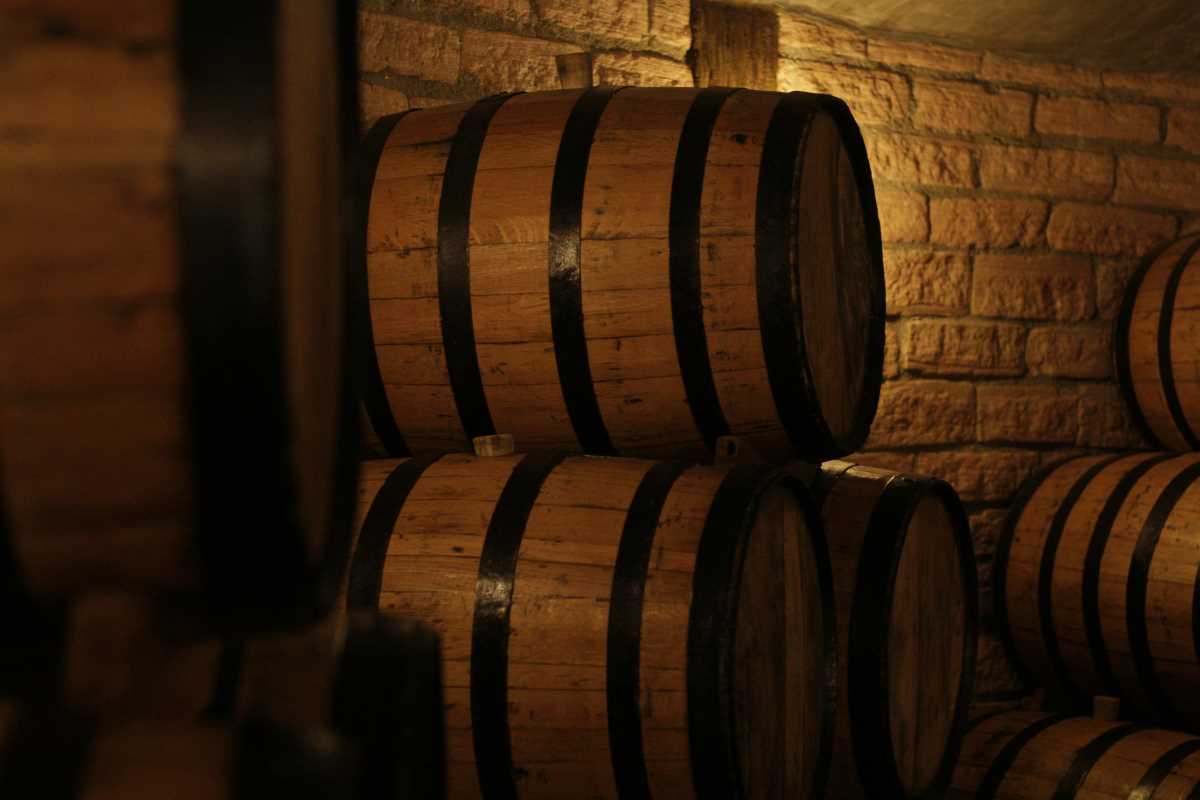Georgia, nestled in the heart of the Caucasus, showcases one of the world's oldest and most vibrant wine cultures. With a history of over 8,000 years, wine in Georgia serves as a beverage and a vital part of its national identity and traditions. The country's diverse landscapes and unique climate contribute to producing a variety of exquisite wines that locals have cherished for centuries.
The rich tapestry of Georgian wine culture weaves through its ancient winemaking practices, picturesque vineyards, and hidden wine cellars that echo stories of the past. Exploring Georgia's wine heritage offers a journey through time, revealing the deep connections between the land, its people, and their beloved wines.
Discovering Georgia's Wine Heritage
Georgia's wine heritage roots itself in its history, with archaeological findings suggesting that wine production began here around 6000 BC. This ancient winemaking tradition has passed down through generations, preserving techniques that remain largely unchanged. The country often gets referred to as the "Cradle of Wine," a testament to its enduring legacy in viticulture.
Georgia's geographical diversity, from the lush valleys of Kakheti to the serene landscapes of Kartli, provides ideal conditions for growing a wide range of grape varieties. Each region contributes its unique flavors and characteristics, making Georgian wines distinct and highly sought after by enthusiasts worldwide. The harmonious mix of tradition and terroir continues to define the essence of Georgian winemaking.
Notable Wine Cellars in the Caucasus
Notable cellars in the region include the 300-year-old Marani cellar in Kakheti, known for its acclaimed Saperavi and Rkatsiteli wines. In Kartli, the Bagrationi Winery boasts a history dating back to the 19th century, producing award-winning sparkling wines using traditional champagne methods.
- Vaziani Wine Cellar: Located in the Kakheti region, Vaziani has gained renown for its traditional qvevri wines. These large clay vessels allow the wine to ferment and age naturally, imparting a unique earthy flavor.
- Tsinandali Estate: This historic estate combines traditional winemaking with modern techniques. The picturesque vineyards and elegant cellars attract many wine tourists.
- Shumi Winery: Shumi Winery stands out for its dedication to preserving ancient winemaking methods. Visitors can explore the underground cellars and sample a variety of locally produced wines.
- Kindzmarauli Marani: Known for its semi-sweet reds, Kindzmarauli Marani offers an authentic Georgian winery experience, complete with guided tours and tastings in a charming setting.
Traditional Winemaking Techniques
Aside from its rich history and diverse terroir, Georgia also stands out for its use of ancient winemaking techniques such as qvevri. These large earthenware vessels are buried underground and used to ferment and age wines. This method, which dates back over 8,000 years, has been recognized by UNESCO as an Intangible Cultural Heritage of Humanity.
- Harvesting: Grapes get handpicked during the optimal ripeness period to ensure the best quality for fermentation.
- Crushing and Fermentation: The harvested grapes get crushed and transferred into qvevri, where fermentation occurs naturally with minimal intervention.
- Aging: Wines age in the qvevri for several months, allowing flavors to develop and mature. The porous clay vessels enable subtle oxygen exchange, enhancing the complexity of the wine.
- Bottling: After aging, the wine carefully transfers from the qvevri to bottles, preserving its unique characteristics and readying it for enjoyment.
Travel Tips for Wine Enthusiasts
When planning a visit to Georgia's wine regions, timing plays a crucial role. The best times to explore occur during the late spring and early autumn months, when the weather remains pleasant, and the vineyards bloom or dress in their harvest hues. This ensures a comfortable and visually stunning experience as you traverse the scenic landscapes.
Visitors should also consider engaging with local winemakers and participating in wine tastings to gain deeper insights into the production process. Many wineries offer guided tours that include a stroll through ancient wine cellars, providing a tangible connection to Georgia's storied past. It's advisable to book tours in advance, especially during peak tourist seasons, to secure a spot in these popular destinations.
Culinary Connections
Georgia's wine journey connects intrinsically to its culinary traditions, creating a harmonious blend of flavors that delights the palate. Pairing local wines with traditional Georgian dishes enhances the overall dining experience, showcasing the synergy between the two. For those interested in exploring similar cultural experiences, the diverse culinary trails around the world present a chance to discover historical flavors that reflect the heritage and craftsmanship of different regions.
Savoring Georgia's historical flavors through its remarkable wine cellars offers a unique and enriching experience. These wine cellars not only provide exquisite tastes but also play a crucial role in preserving the age-old traditions that define Georgian culture. Exploring these hidden gems serves as a journey into the heart of the Caucasus, where every sip tells a story of heritage and passion.
 (Image via
(Image via





